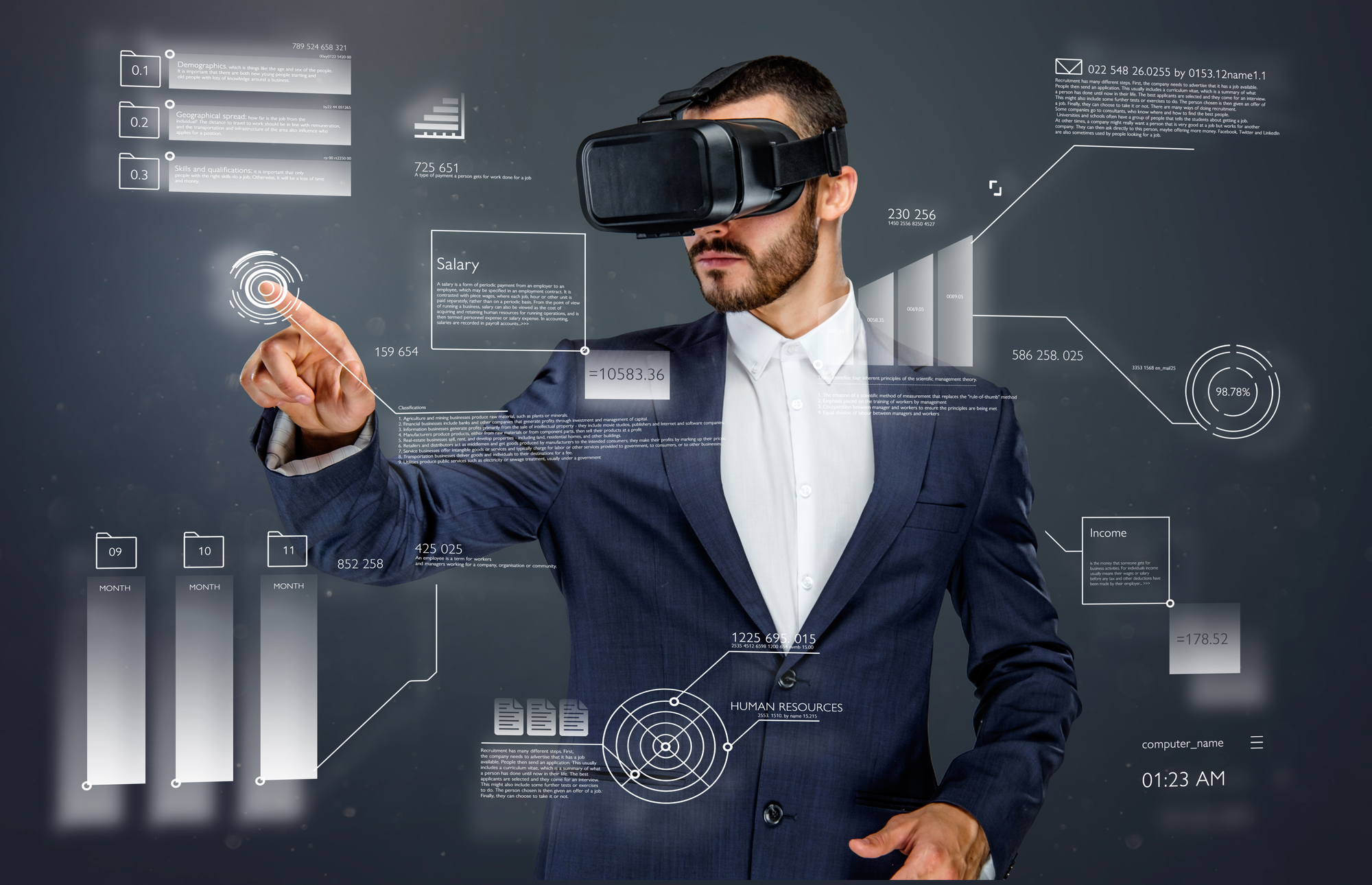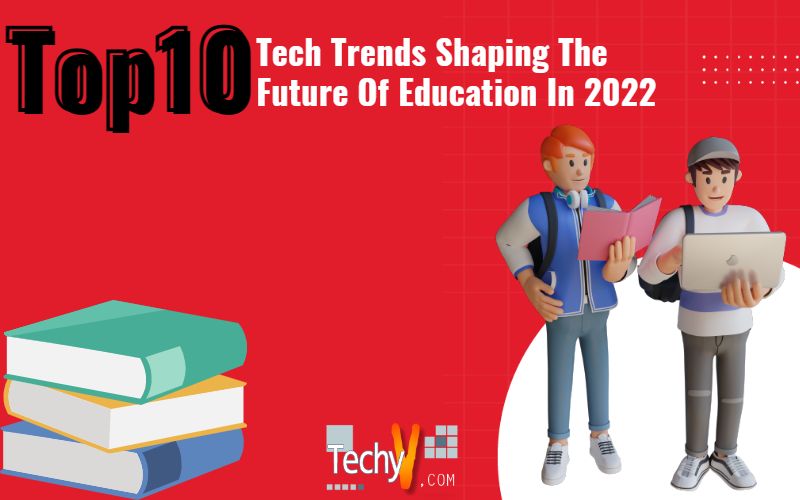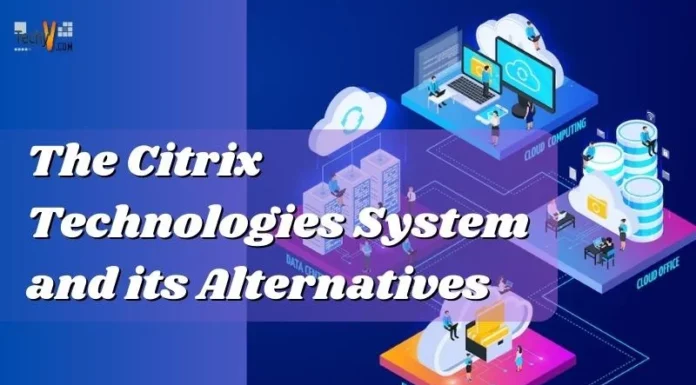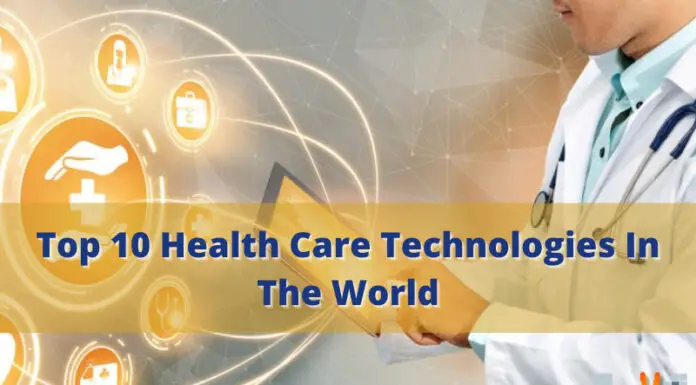Schools and colleges around the world have shifted towards technology adoption as a result of the pandemic. Will this shift towards technology adoption continue in the long run, or will it be short-term only? Education has the power to make a difference in the lives of many people. Technology can help eliminate the barriers of inequalities in education and enhance the learning experience through innovative and sustainable methods. This makes the adoption of technology more critical in this sector. Here is a list of some of the top tech trends in the education sector to look out for in 2022:
10. Blockchain
Are you thinking about how we can use blockchain in the education sector? Blockchain can eliminate the verification of the mark sheet of the students, which is presently done manually. Blockchain can solve such issues through its information collaboration and validation feature to verify the marks or degrees of the students. It also has applications in other areas, such as examination management, and verification of students’ credentials and certificates.

9. Gamification
The world of gamification has made a foray into the education industry through interactive assignments in the form of games. Gamification in the education industry does not only mean gamification in assignments or projects but also has a more profound connotation. We can improve short-term motivation in the students by introducing gamification elements in the form of achievements and scores.

8. Big Data
How can virtual analytics benefit the students in their educational pursuits? Data analytics can help bridge the gap between the current issues facing the education industry and the opportunities in the future. According to a study, the use of big data can increase the graduation rate by almost 61% and real-time adjustment of school curriculum by 47%.

7. Podcasting
Is Podcasting an emerging trend in the market? It is estimated that the size of the podcasting market which is around $9.28B in 2019 will grow at an annual growth rate of 27.5% between 2020 and 2028. What is driving the market growth for podcasts? The ability to multitask with podcasts, such as seeing the new Virtual Reality solutions in higher education while listening to a podcast about edtech simultaneously.

6. Subscription-Based Learning Model
The traditional learning method means that the user must pay for the enrolled course, access the learning materials, pass the exam and get a certificate. Looks boring? The fast rapid world of today demands personalized learning courses based on subscriptions and payments every month. The subscription-based learning model gives you the flexibility to access the study material of all courses at the same time, and you can even change the course in the midst.

5. Virtual Reality (VR) And Augmented Reality (AR)
Virtual Reality creates immersive and interactive experiences which are very similar to the real world. How can we leverage virtual reality in education? There is no doubt that knowledge retention is very low when classroom-based learning comes to traditional classroom-based learning. The ability to retain knowledge improves when audio, visuals, and other tools improve the ability to retain knowledge.

4. Artificial Intelligence-Based Proctoring
The traditional form of exams includes exam centers, manual exam invigilation, and answer sheet evaluation which makes the exam process tedious. Artificial Intelligence or auto remote proctoring can help the institutions conduct exams without the requirement of any infrastructure or logistics. The use of auto remote proctoring technology can help students take exams at any location using a device that uses a smartphone and the internet.

3. Personalized Learning
Imagine studying a subject according to your speed and pace of learning, independent of any location. A personalized form of learning can help you with that. It creates syllabus or learning activities after taking into consideration the strong and weak areas of the students and helps to remove the constraints in terms of location, time as well as device. Personalized learning is expected to see a rise in 2022.

2. Comprehensive Online Reviews
The current examination is biased, prone to error, and suffers from a lack of standardization which means that we require a more holistic and practical approach to conducting the exams in the online mode, including voice-based assessments. How can online assessments help us? It focuses on the reduction in the theoretical aspect of the exam and the focus on the practical part of the work. Artificial intelligence (AI) can help create personalized reviews, which helps provide insights on the performance along with individual analysis of each topic.

1. Digital Education
Did you know that the online education market in India will reach $8.6 billion by 2026? Online education and the services related to it will likely see considerable growth in the coming year. What advantages does the online way of learning offers over the traditional one? The online form of learning allows the students to go through the same class or subject more than once, and learn at their own pace.

Enjoying the article. Do like and comment on Disque.


















